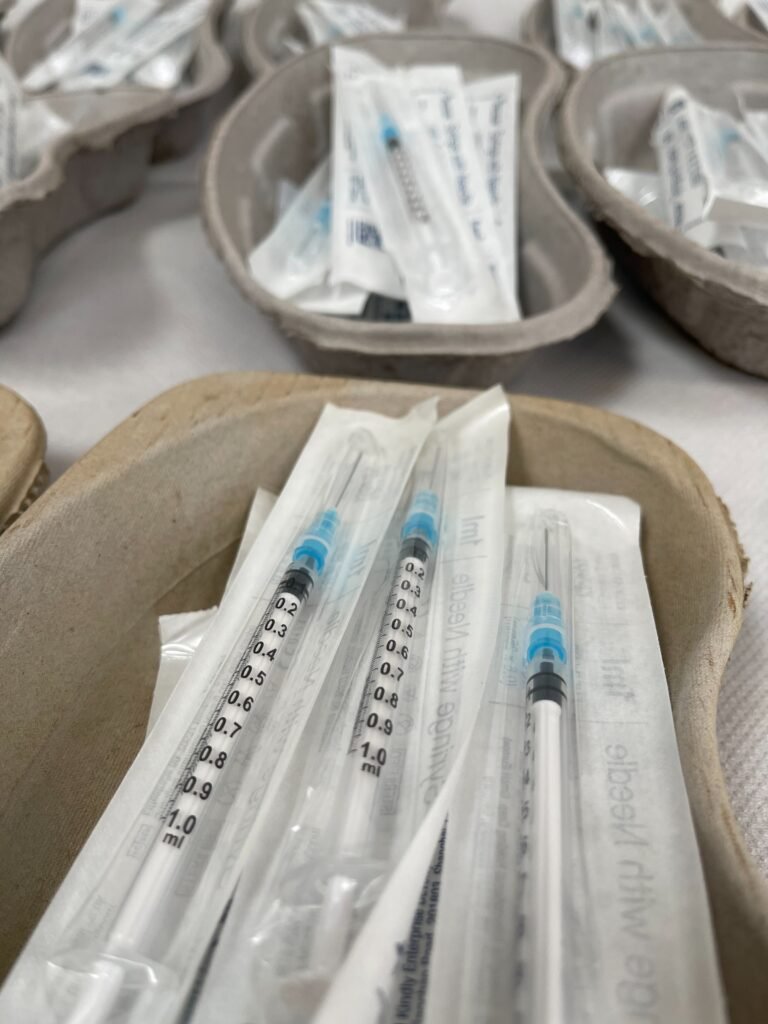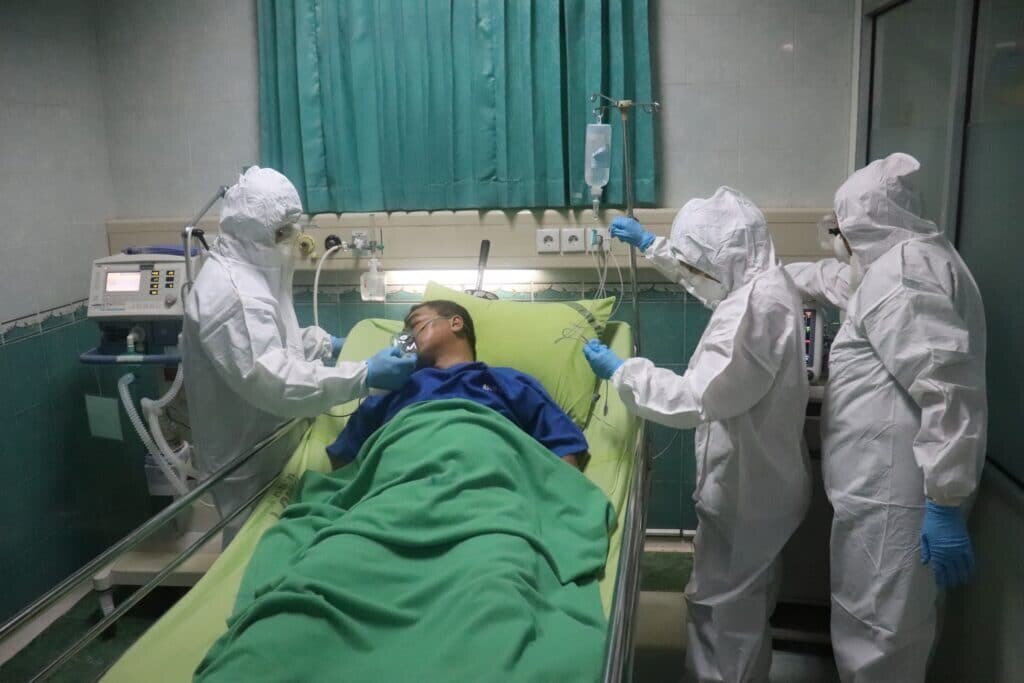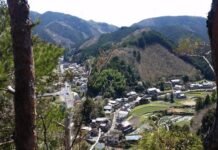
Each week, here at Osaka.com, we bring you a selection of some of the top stories about Osaka making the local and national news here in Japan. Sometimes it’s serious, sometimes it’s funny, but it’s always direct to you, from Osaka.
Here’s a look at some of the stories hitting the headlines in Osaka this week.
Table of Contents
Astra Zeneca Deployment Begins

The struggle continues in Osaka this week to keep vaccinations ahead of viral spread. Since August 18th, Osaka Prefecture has consistently recorded in excess of 2,000 new cases of Covid-19 infection per day. This number shows no sign of levelling off. In fact, numbers continue to increase week by week.
With this in mind, government officials took the decision this week to begin distributing the Astra Zeneca vaccine. Astra Zeneca received approval for use from the Japanese government back in May, at the same time as Moderna’s vaccine. However, it was not made available to the public. The government said at the time that stocks of the already approved Moderna and Pfizer vaccines were sufficient to meet the necessary level of demand.
Many asserted the government’s reluctance to deploy the Astra Zeneca vaccine was actually due to safety concerns. In an exceptionally small number of cases, people who took the Astra Zeneca vaccine developed potentially fatal blood clots. Research continues and thus far any conclusive link between vaccine usage and the risk of clots remains unproven.
Astra Zeneca Exclusively for Over-40s, For Now

Whilst research continues, Japanese experts believe that any risk Astra Zeneca may pose applies mostly to younger recipients. With this in mind, the vaccine will, until further research concludes, only go to those over the age of 40.
To get the Astra Zeneca jab into as many arms as quickly as possible, a new vaccine center opened on Monday of this week. The venue at Shiromi Hall in Osaka Castle Park, will distribute around 500 vaccinations per day. However, there remain a number of causes for hesitation among the public.
Firstly, Astra Zeneca’s exact level of efficacy remains unknown. It is widely accepted that their vaccine has an overall efficacy of somewhere between 65 and 80%. This is still superior to the annual flu vaccine, which offers about a 50% protection against infection. Unfortunately, Astra Zeneca, with it’s viral vector formula, still lags behind Moderna and Pfizer. Both of these vaccines utilize MRNA technology and offer around 95% protection 2 weeks after the second shot.
Also, the time between the two shots for Astra Zeneca in Japan is 8 weeks. This compares to 3 weeks for Pfizer and 4 weeks for Moderna. So, even those who get their first Astra Zeneca shot this week won’t achieve optimal immunity until the beginning of November.
However, in the UK especially, the widespread deployment of Astra Zeneca proved to be a game changer. It turned the tide of the UK’s own surging infection rates earlier this year. Many in Osaka this week however, are unhappy at taking on the role of guinea pigs for the government’s latest attempt to control this pandemic.
Osaka, Other Regional Governors Call for Proper Lockdown

It may be fatigue, lack of trust in government or simply poor communication. Whatever the reason, the wide consensus seems to be that Japan’s latest “quasi-state of emergency” isn’t working. Infection numbers continue to spike across the country. More and more citizens and business are ignoring requests to work from home, close up early, and avoid gathering in groups. At a conference of Japan’s 47 prefectural governors last week, including Osaka, a unanimous motion passed, urging the central government to seriously consider imposing a lockdown.
Lockdowns have proven to be effective in a number of countries around the world over the past year in bringing down infection numbers. Whilst they aren’t a long term solution, they buy countries time, either to develop vaccines or distribute them. Currently, Japan’s Central Government claims it lacks the authority to make such a declaration. However, legal experts refute this and cite national emergency and disaster legislation as a means to enable to government to impose a national lockdown.
Prime Minister Suga has been a vocal opponent of lockdowns, given their economic impact. However, with his approval rating currently hovering below 30% and an election now a matter of weeks away, he may have no choice but to set individual concerns aside. A lockdown would undoubtedly hit the economy, but the number of lives it could potentially save may well be the only thing that can save PM Suga at this point.
And Finally…

I’m sure we’ve all come home from work sometime and said to our loved ones: “Well that was a really sh*tty day!”
Well, for one unfortunate student in Osaka recently, the notion of such a day took on a whole new, and all too literal meaning.
A 17 year old student was on her way home when she noticed a rather unpleasant smell. She turned around and, to her horror, realized that her backpack was smeared in human feces. She reported the incident to police.
Last week, approximately one month after the initial incident, police made an arrest. The 24 year old suspect was arrested, and a bottle containing his own excrement was found at the scene. He has since admitted the charges. He says he was under stress from a recent divorce and the experience had left him with a “general feeling of ill-will toward women.”
Police believe he may be something of a serial smearer, and investigations are ongoing.
That’s all for now but be sure to check back again same time next week for another round of this week in Osaka!






















